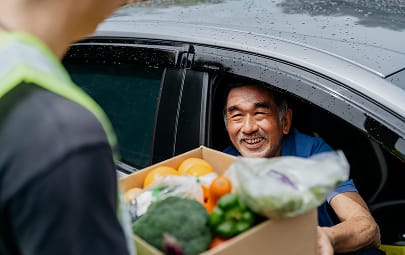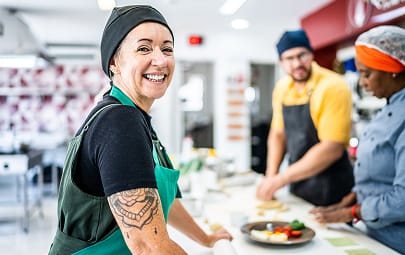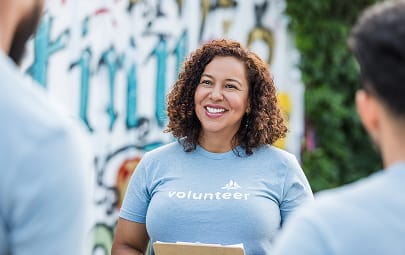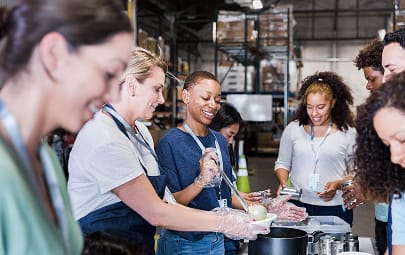Between the margaritas and the Mexican food that I recently shared with a few of my closest girlfriends, our conversation touched on vaccines, parenting in a pandemic, relationship challenges and mental health. It was a vulnerable moment when one of the gals shared she used her company’s Employee Assistance Program recently - a program that connects employees to mental health professionals, free of charge - even though she’d never been to a therapist before. Then all of us at the table were chiming in that we had too. We kept the conversation and the encouragement going via text the next day normalizing these personal mental health wins, asking for help and encouraging one another.
Mental health has been on my mind a lot lately. During a recent Chamber program I attended, Dr. Jim Johnson, UNC, Chapel Hill, shared a disruptive demographic shift that has been happening in those aged 25-44. We are taking our own lives through deaths of despair from suicides and overdoses. It hit really close to home as addiction and substance abuse has had a multi-generational impact on my family. I find it sometimes easier to wine than whine and ask a friend for help. It’s hard to reach out when a dark moment of depression clouds my reality, and I become increasingly unmotivated to engage the habits that are most helpful for my health. It turns out I’m not alone, and you’re not either.
As the pandemic has worn on, there have been increased rates of anxiety and depression across all age groups, as well as increased alcohol and substance abuse due to stress over the pandemic. I felt this manifest in so many ways over the last year, as a friend of my partner died of an overdose, and we struggled as a family with increased alcohol and substance abuse. I even gave up alcohol for lent because I was worried about the daily habit that had become almost a necessity during the pandemic.
With May being mental health awareness month, I wanted to share a little bit about the Employee Assistance Program (EAP) that Feeding Tampa Bay provides for our employees - and that your employer may have too. EAP is an excellent, easy to use resource. Find out if your company offers this program, then simply call or email your provider to get started. You fill out a simple form and get 6 free sessions each year. It’s been a critical benefit for my mental health and wellbeing.
In addition, I’ll share a key strategy that has helped my mental health is a safety plan that I created years ago when I was being trained in trauma-informed care. It’s five practices that are helpful to me that I try to return to in times of crisis, when I’m feeling anxious, depressed, or overwhelmed:
1. Phone a friend
2. Pound the pavement – get outside, walk or run
3. Say a prayer or meditate
4. Read a book for fun (fiction only)
5. Write down 3 things I am grateful for
A recent Raising Good Humans podcast with Dr. Aliza highlighted the three coping skills children learn in managing their emotions and mental health:
> Repression
> Aggression
> Expression
My greatest responsibility is to try to teach my toddler and teenager to express their emotions in healthy ways. And believe me, whether it’s a three-nager, a teenager, or their mom – we have A LOT OF EMOTIONS. As I continue to learn better coping mechanisms and strategies, so do they. Instead of repressing my emotions, I reach first for my safety plan instead of wine. I pound the pavement so I don’t react in aggression or anger. I find healthier forms of expression, through writing, reading, and conversations with my colleagues and friends, that do not rely on substance and alcohol abuse. It's up to me and all of us in community to reduce these deaths of despair.
Mental health is on my mind, and I hope it’s on yours too. You certainly have a friend that you can call on if you want to chat about it.
Written by Mandy Cloninger, Chief Impact Officer







